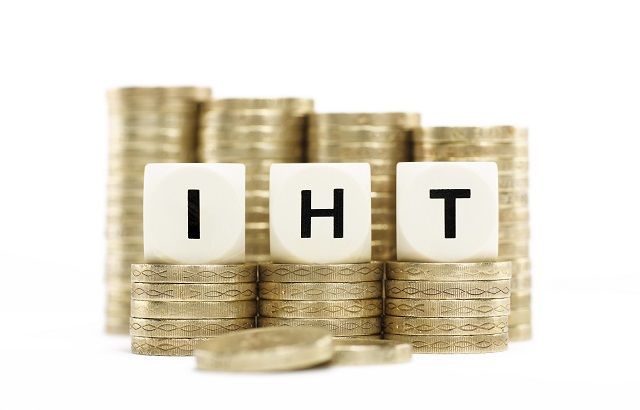HM Revenue and Customs (HMRC) received £5.2bn ($6.76bn, €5.75bn) from inheritance tax during the 2019-20 financial year.
This is a decrease of £223m (4%) from 2018-19 and it is the first time IHT receipts have fallen since 2009-10.
Up until 2007-08 receipts had been climbing steadily, mainly due to increases in asset valuations prior to the financial crisis, HMRC said in its 2017-18 IHT summary.
The taxman said that the decline may be down to the effects of the residence nil-rate band’s (RNRB) introduction in 2017-18.
Under the RNRB, there is a delay between death, when the tax charge is created, and receipts, when HMRC receives the tax payment.
RNRB
HMRC also said that 20,200 estates used the RNRB threshold in 2017-18, and this meant £3.1bn of chargeable estate value was sheltered from an IHT charge as a result.
The introduction of the RNRB also meant the total number of UK deaths that resulted in an IHT charge fell for the first time since 2009-10.
In 2017-18, there were 24,200 such deaths, a decrease of 3,900 (14%) since 2016-17.
The RNRB threshold provides an additional allowance to qualifying estates so that more wealth can be passed on to direct descendants before IHT must be paid.
The threshold was set at £100,000 for 2017-18, and any unused portion can be transferred to a spouse or civil partner in the same way as the transferrable nil-rate band.
Under the microscope
Tom Selby, senior analyst at AJ Bell, said: “After a decade of rising IHT bills, the amount people paid in tax on death dropped £223m last year. Despite this year-on-year fall, IHT charges still boosted the Treasury’s coffers to the tune of £5.2bn in 2019/20.
“The primary reason for the recent decrease in both the proportion of people hit by IHT and the overall tax bill was the introduction of the main residence nil-rate band in 2017-18.
“The aim of the policy, announced with huge fanfare by former chancellor George Osborne, was to allow family homes worth up to £1m to be inherited tax-free. This can be achieved by a couple combining their IHT allowances.
“However, given the parlous state of the nation’s finances, it would be no surprise to see Osborne’s big IHT giveaway come under the microscope as his successor, Rishi Sunak, seeks ways to raise much-needed cash to pay for the nation’s eye watering covid-19 debts.”
Steve Webb, partner at LCP, added: ‘It is hard to believe that the current chancellor will not be looking very closely at IHT in a much less favourable light as he tries to fill the hole in his budget.”








